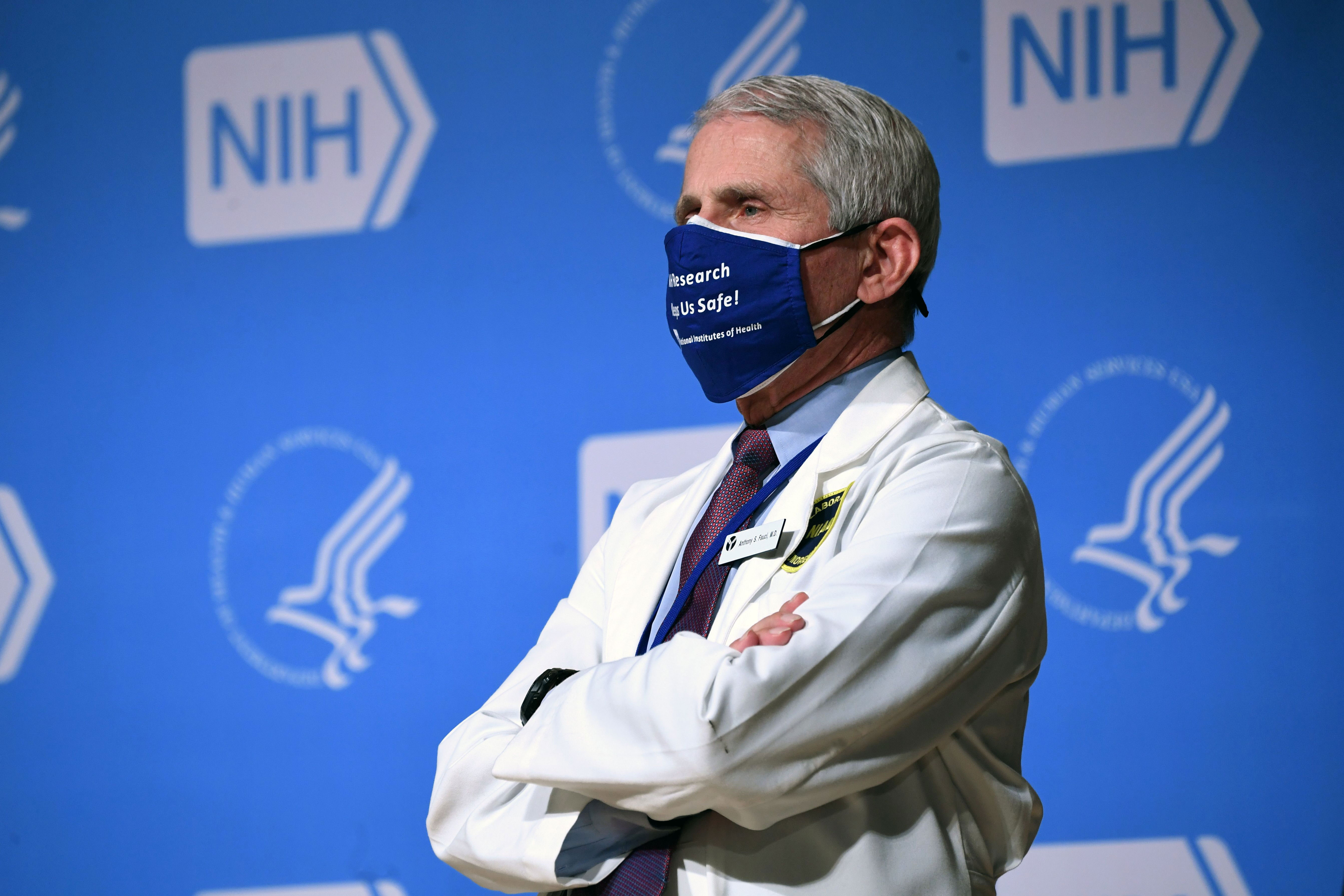

Border controls, including public transport limits and mandatory testing and quarantine requirements for passengers, are inevitable in the effort to prevent the import of other more contagious coronavirus variants, the German health minister said on Friday. Jens Spahn.
“This means that there will be one transportation ban – and without exception, tests must be done before entering Germany – and there is an obligation to quarantine, ”Spahn told reporters at a health press conference.
Spahn went on to say that despite the new variants, general infection rates in Germany were declining.
” To protect the population from virus mutations, that’s why the federal government decided yesterday declare the Czech Republic, Tyrol and Slovakia as coronavirus variant areas,“said the minister.
Some context: On Thursday, German Interior Minister Horst Seehofer said Germany was temporarily imposing border controls and limiting travel from the Czech Republic and the Austrian province of Tyrol due to an increase in infections of the new variants of most contagious coronaviruses. Restrictions take effect on Sunday.
On Friday, Germany recorded 9,860 new coronavirus infections, a drop of 3,048 cases compared to the same day last week. Coronavirus deaths in Germany stood at 556 in the last 24 hours, a drop of 299 compared to last Friday.
The latest data from the country’s public health authority, the Robert Koch Institute (RKI), indicates this the number of new infections per 100,000 residents could drop from 60 this weekend, Said Spahn.
As of Friday, 5.7 million coronavirus vaccines have been distributed in the 16 German federal states, with about 3.6 million vaccines made so far. 2,490,423 – 3% of the German population has received the first shot, while 1,178,725 have received the second shot, according to RKI data. Spahn said Germany will distribute 8 million coronavirus vaccines by the end of next week.
Germany currently administers coronavirus vaccines developed by Pfizer / BioNTech, Moderna and AstraZeneca.